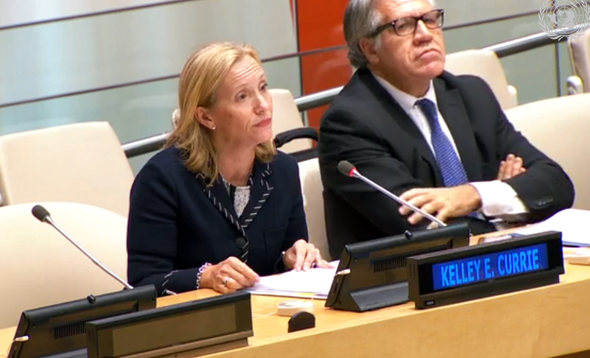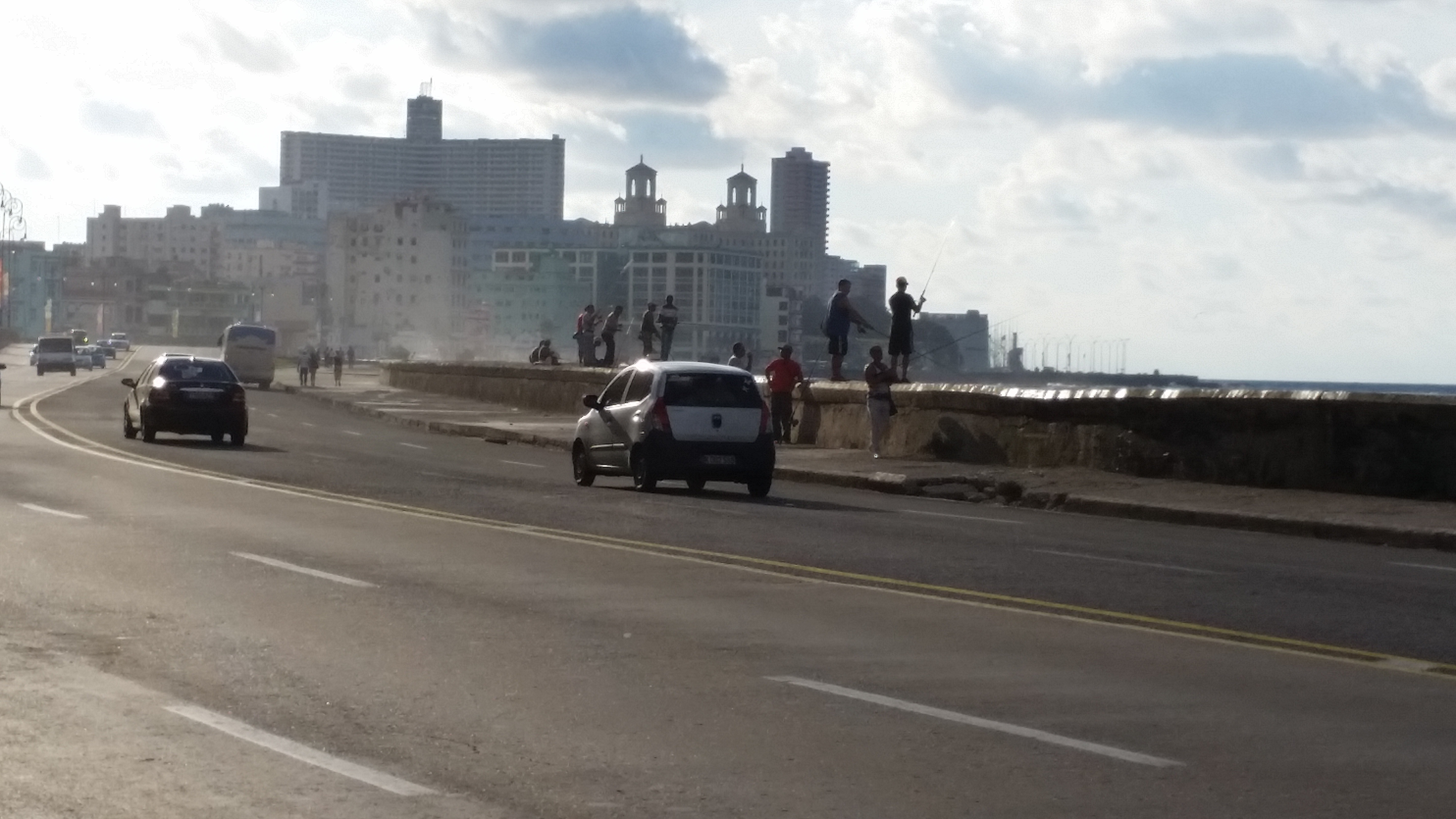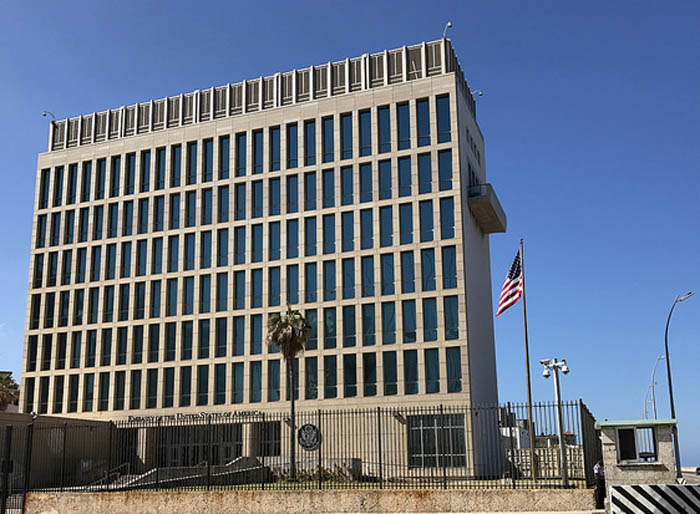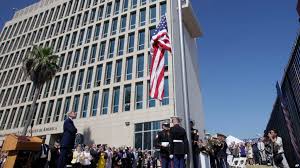October 18, 2018–As U.S. diplomats held an event at the United Nations to discuss political repression in Cuba on Tuesday, Cuban diplomats disrupted speakers by banging the tables and shouting.
“This is a sick joke,” Kelley E. Currie, U.S. representative to the UN Economic and Social Council said at the outset of the meeting as noisemakers interrupted her opening statement. Pressing on, Currie outlined her concerns about the Cuban government’s detention of its citizens for political purposes.
Political Prisoners
According to Currie, Cuba authorities arbitrarily detained 5,000 of its nationals for political reasons in 2017. She said the government sentenced many “on arbitrary charges like contempt of Cuban authorities” and classified others for being “pre-criminal” or socially dangerous.
“More and more, Cuban repression relies on raids on homes and offices, short-term detentions and public denunciations known as repudio,” Currie said, adding, “which I think is what we may be seeing right now.”
Boisterous shouting continued throughout the event as other panelists spoke of their experiences.
Why Highlight Cuba Alone?
Currie later held a press conference and complained about the disruptions of the event. “If the diplomats behave this way, how do the police behave?” she asked. “It has no place in the United Nations.”
One reporter asked her why the United States focused its attention on Cuba when other countries also practice political repression.
The matter of political prisoners in Cuba is “under highlighted and needs attention,” Currie said. “We feel it’s important to shine a light on a regime that is undermining security across Latin America,” Currie said, referring to Cuba’s influence in Venezuela and Nicaragua.
Watch Here
For more, watch the 49-minute event here.



